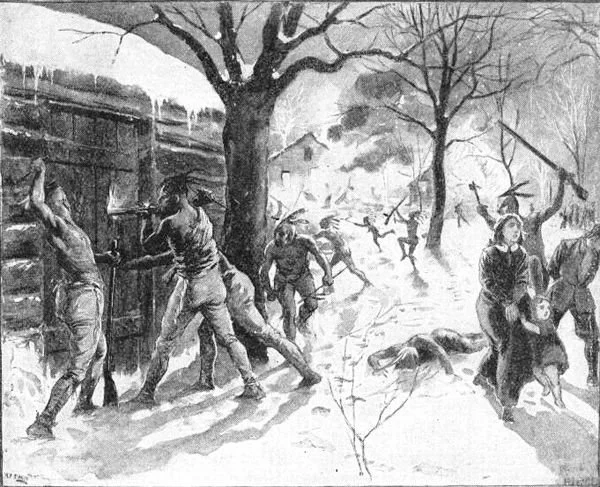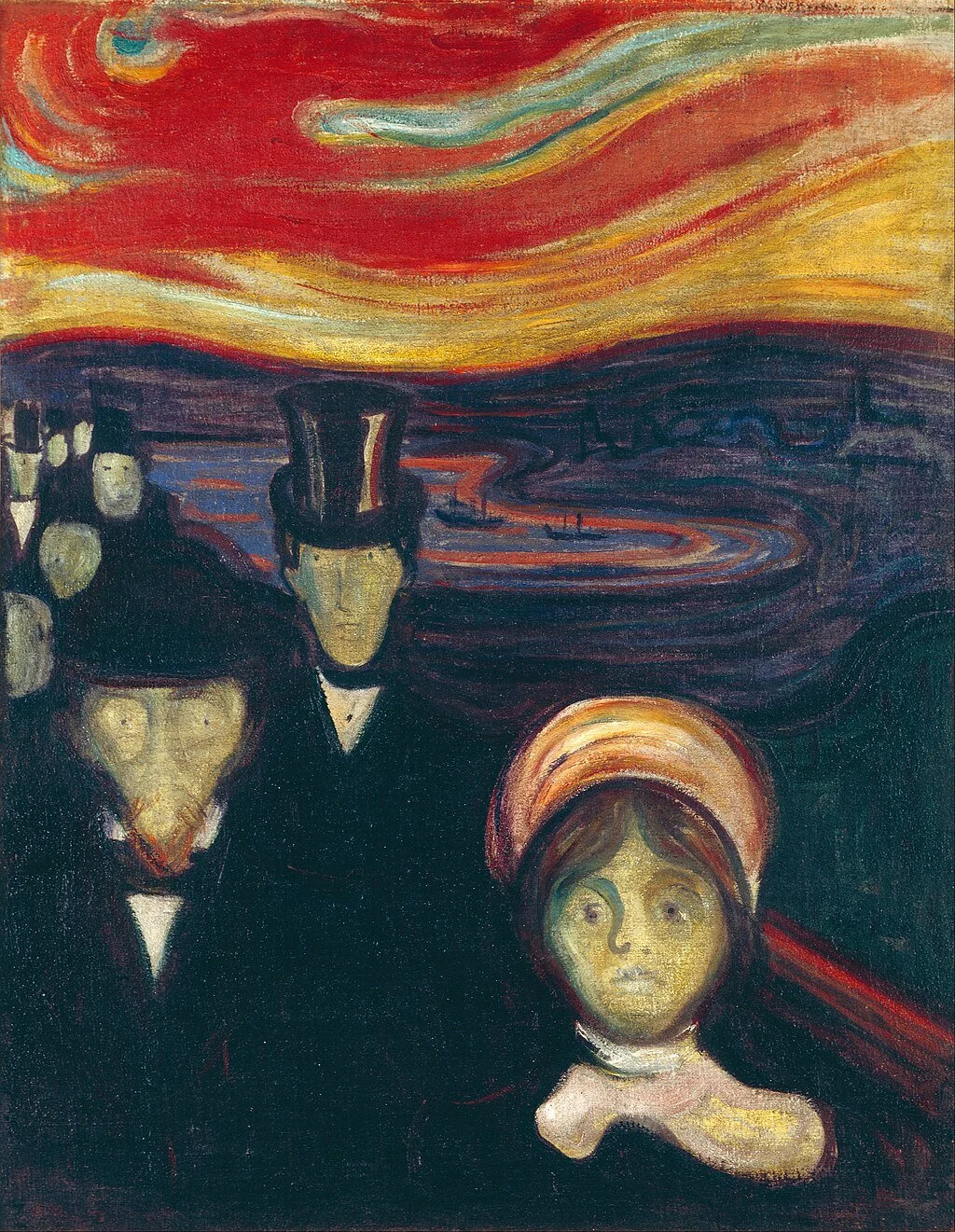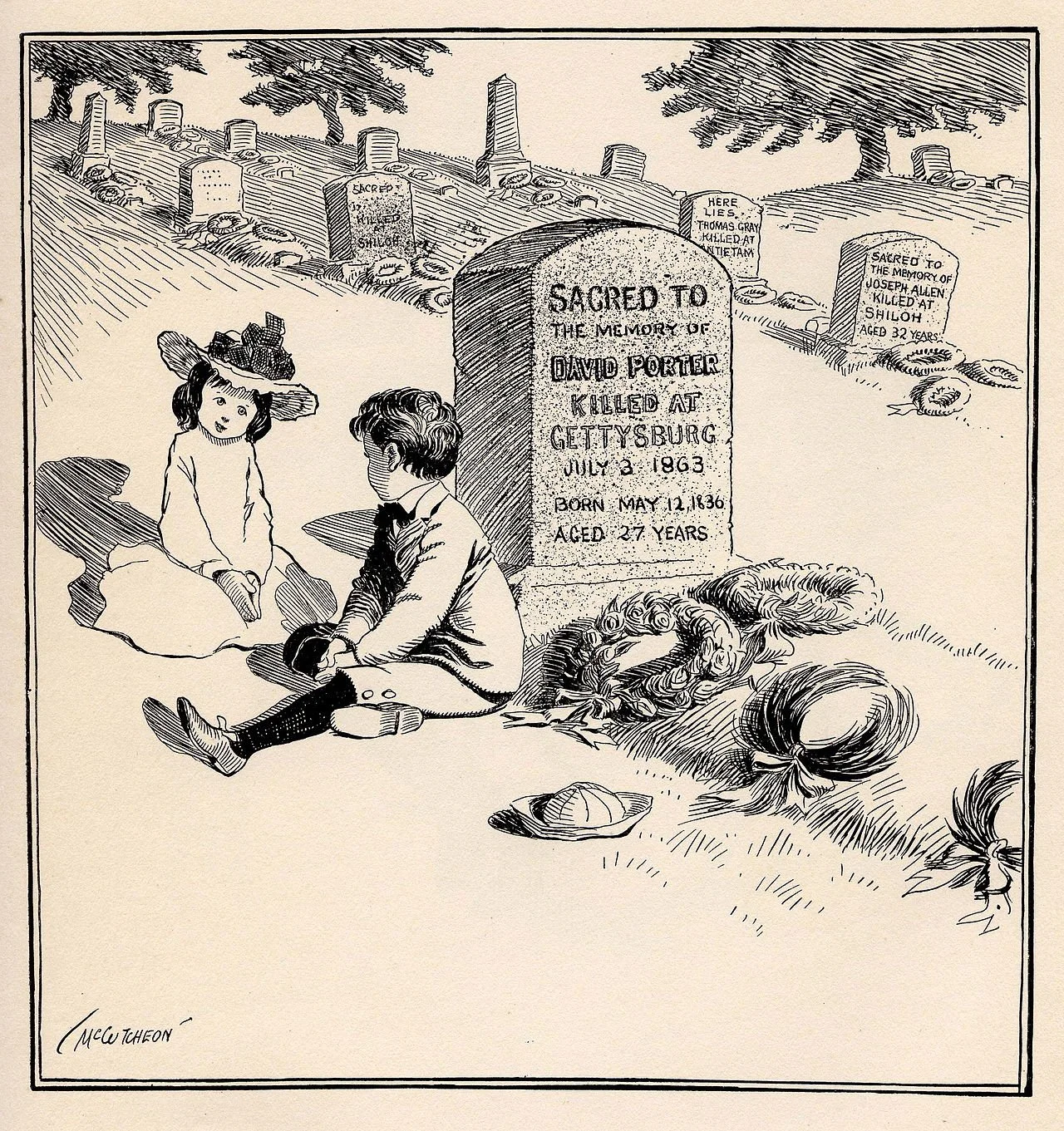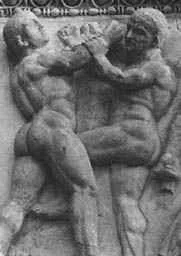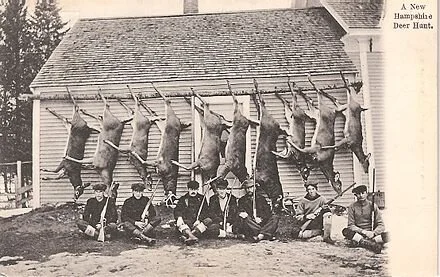After a New Hampshire deer hunt in 1910
‘‘Our permanent enemy is the noted bellicosity of human nature. Man, biologically considered, and whatever else he may be in the bargain, is simply the most formidable of all beasts of prey, and, indeed, the only one that preys systematically on its own species. We are once for all adapted to the military status. A millennium of peace would not breed the fighting disposition out of our bone and marrow, and a function so ingrained and vital will never consent to die without resistance, and will always find impassioned apologists and idealizers.’’
— William James (1842-1910), psychologist, philosopher and Harvard professor, in The Atlantic Monthly. He was the brother of novelist Henry James.
William James and Josiah Royce, near James's country home in the Chocorua area of Tamworth, N.H., in September 1903. James's daughter Peggy took the picture. On hearing the camera click, James cried out: "Royce, you're being photographed! Look out!’’ Royce (1855-1916) was a close friend of James as well as a philosophical antagonist and a Harvard professor.
Mt. Chocorua, with its famous vaguely Matterhornish top. It has long been a favorite subject for painters.
